SUMMARY
This is AI generated summarization, which may have errors. For context, always refer to the full article.
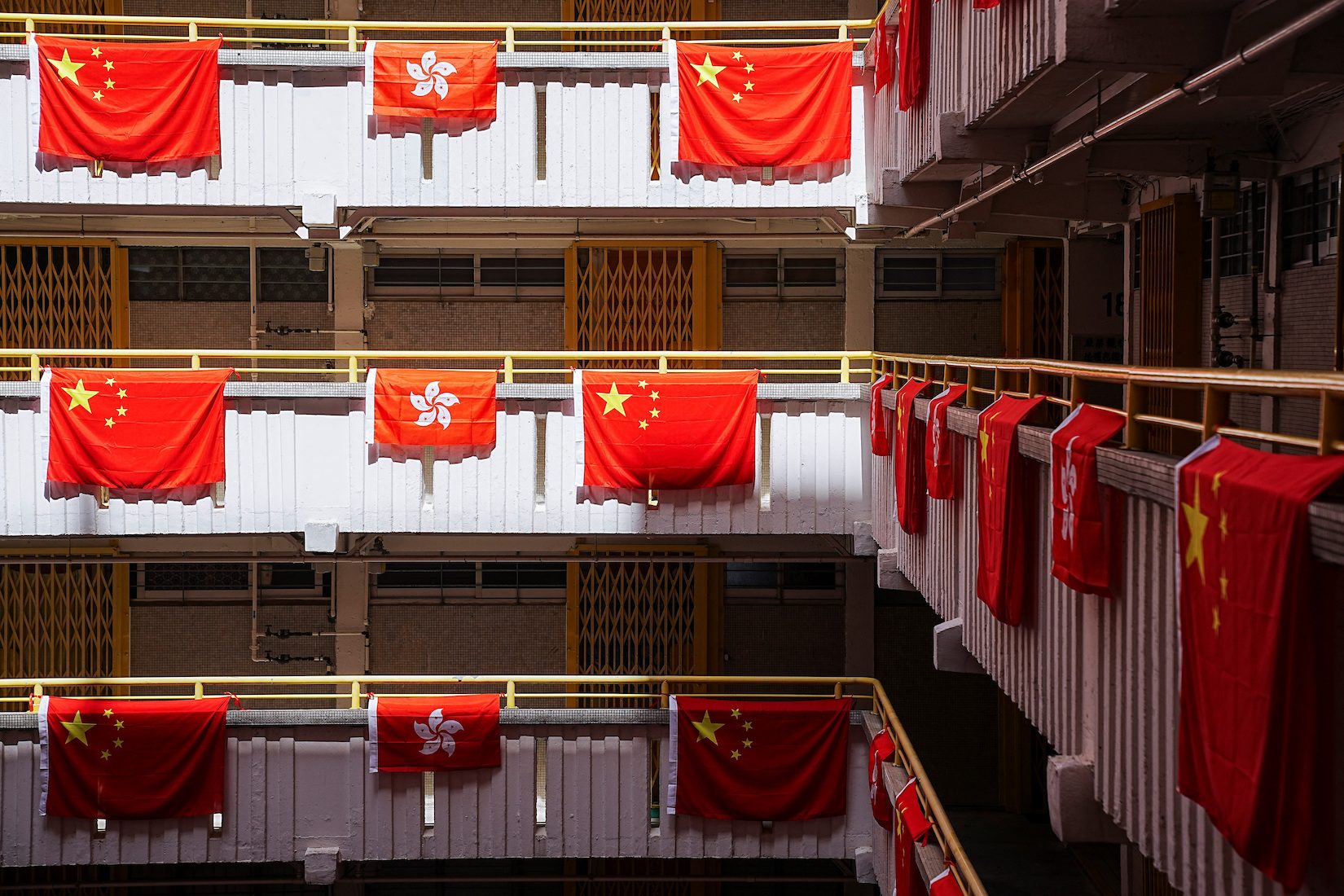
HONG KONG – United States-funded Radio Free Asia said on Friday, March 29, it had closed its Hong Kong bureau citing concerns over staff safety after the enactment of a new national security law known as Article 23 in the China-ruled city.
“Actions by Hong Kong authorities, including referring to RFA as a ‘foreign force’, raise serious questions about our ability to operate in safety with the enactment of Article 23,” Bay Fang, its president said in a statement.
The law came into effect on March 23 after it was unanimously passed by Hong Kong’s pro-Beijing legislature, updating a broader China-imposed national security law in 2020.
It comes with stiffer punishments from several years up to life for crimes including treason, sedition, state secrets, espionage and external interference.
Critics like the US government say the law gives authorities broader powers to clamp down on dissent. Beijing says the law is necessary to restore order to the financial hub after mass pro-democracy protests in 2019.
A spokesperson for the US State Department said “RFA’s decision represents the latest consequence of Hong Kong authorities’ continuing suppression of media freedom.”
“We remain deeply concerned about the deterioration in protection for human rights and fundamental freedoms and the systematic dismantling of Hong Kong’s autonomy under the National Security Law and recently passed Article 23 legislation,” the official said.
In a statement earlier, US Secretary of State Antony Blinken said the US was taking steps to impose new visa restrictions on multiple Hong Kong officials over the crackdown on rights and freedoms.
The closure of RFA’s bureau and the removal of full-time staff is a sign of eroding media freedoms in Hong Kong, critics say, and reflects concerns among some businesses and entities with links to foreign governments that they may be vulnerable under the new laws.
(RFA) was “among the last independent news organizations reporting on events happening in Hong Kong in Cantonese and Mandarin,” RFA’s Fang added.
In recent years, liberal Hong Kong media outlets like the Apple Daily newspaper, Stand News and Citizens’ Radio were forced to shut down under pressure from authorities.
The Apple Daily’s publisher and pro-democracy advocate Jimmy Lai, 76, is now on trial for allegedly endangering national security and publishing seditious materials – a landmark case that could see him jailed for life.
The Hong Kong government said in an emailed response to Reuters that it would not comment on RFA’s decision, but it “condemn(s) all scaremongering and smearing remarks.”
“To single out Hong Kong and suggest that journalists would only experience concerns when operating here but not in other countries would be grossly biased, if not outrageous,” it added.
In recent weeks, Hong Kong authorities have issued statements criticizing some international media outlets including the BBC for their reporting on the new security law, while stressing they continue to respect media freedoms.
Media rights group Reporters Without Borders (RSF) ranked Hong Kong 140th out of 180 in its annual global media freedom index in 2023, down from 73 before the 2020 security law.
In January, the Hong Kong police criticized RFA for an interview with an exiled activist, Ted Hui, saying it should not provide a platform for Hui to slander the police.
RFA had been operating its Hong Kong bureau since 1996, a year before the former British colony reverted to Chinese rule. – Rappler.com
Add a comment
How does this make you feel?
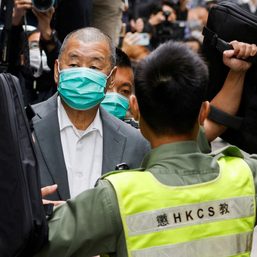

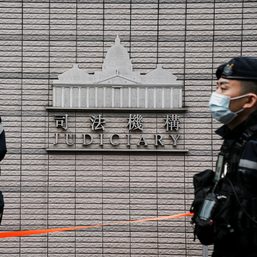


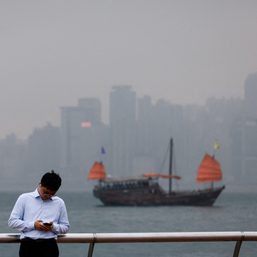
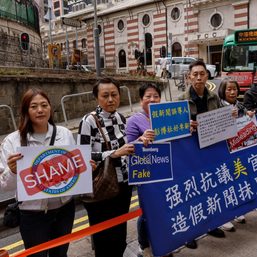
There are no comments yet. Add your comment to start the conversation.